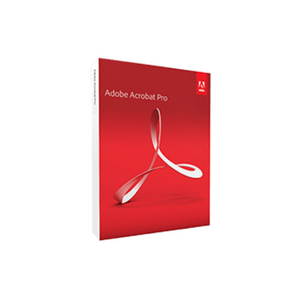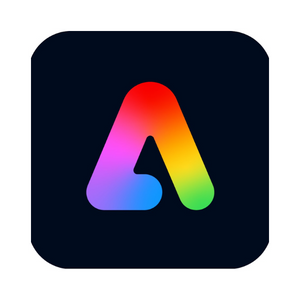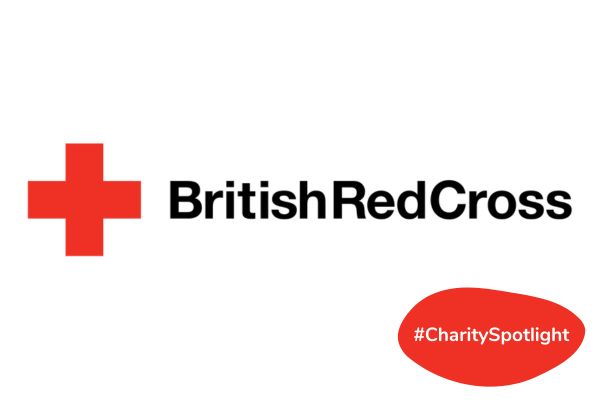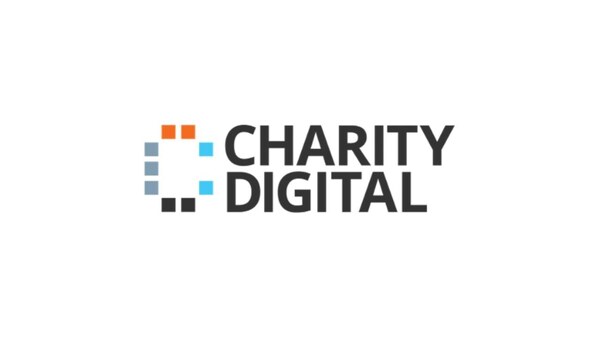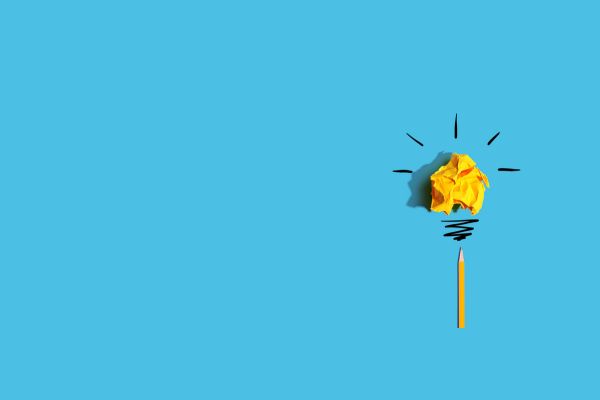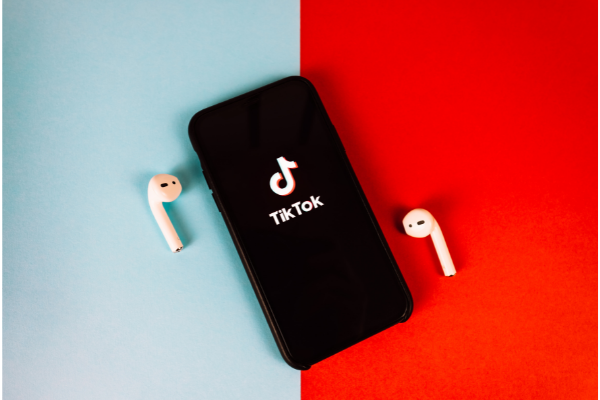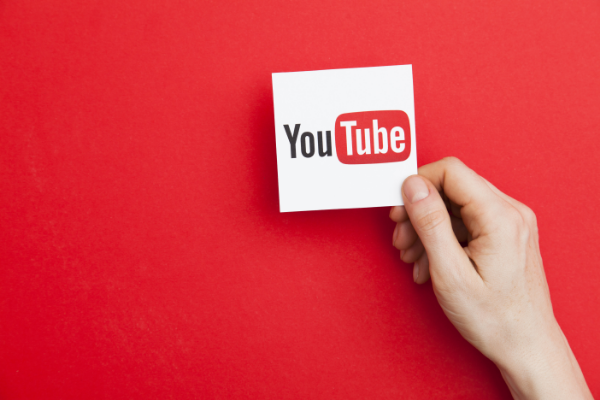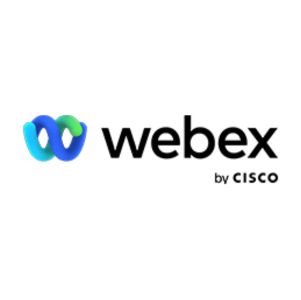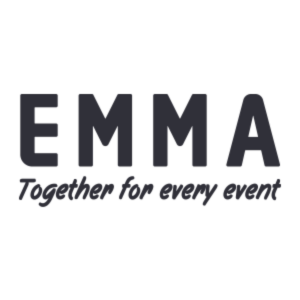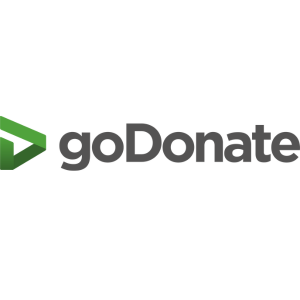Insights
INSIGHTS
All Topics
What is the creator economy?
04 Jan 2024by Helen Olszowska
We explain the evolution of the creator economy and how charities can get involved
The internet has fundamentally changed the way we consume information. It’s not just that we’ve switched from mostly analogue sources of information to mostly digital sources. There are also changes in how much information we consume, when and where we consume it, and who or what we view as trusted sources.
In pre-internet days, the business of news and information was in the hands of a small number of large corporations and conglomerates. There were advantages to this. Journalists are trained in how to gather accurate information for their stories by using a number of trusted sources and fact-checking between them, for example.
However, in practice the pressures of commerce, self-interest, and unconscious biases created a lot of disadvantages too. Stories that sell are often prioritized over those that hold governments accountable or investigate the issues that concern readers the most. Newspaper owners and editors can have undue influence on governments and all-white, all-male editorial staff have inadvertently disenfranchised women and minoritised groups.
One of the most exciting things about the arrival of the internet was that anyone with the means to purchase a computer and a connection could have a website and publish information. Suddenly, more people’s information needs could be met. People began to tell their own stories and hold authorities, including “old media” accountable.
The addition of dynamic search and social media in the transition to web 2.0 really fast-tracked this process. People with expertise by experience became easier to find and began to create a platform for their information. The creator economy was born!
The creator economy
There’s been a proliferation of information providers. Searching social media or streaming services for any niche topic will almost always throw up multiple results. People take to their socials to talk about their hobbies, their health, their careers, their families, and so much more.
We now have the ability to curate our social media news feeds not just with our friends and family, but with people who meet our individualized information needs.
And it is an economy. Social platform owners are wise to the fact that, increasingly, we return to our news feeds to consume information as well as to see our mates’ holiday snaps or our mum’s latest rant about the state of the local park. People who create content on specific topics and build large, engaged followings have more and more ways to earn a living as a content creator.
Monetising content
Social media platforms offer more and more ways for creators to make money. For example, Meta’s creator program allows creators to collect “stars” in exchange for payment during live content, earn money from in-stream ads, offer subscriptions, and become part of a bonus program for payments based on content performance.
There are other possibilities too. Creators can start to offer tiered access to their content. Tools like Patreon and Ko-fi support subscription models but creators can also use website paywalls like Hype or Chargebee and subscription newsletter providers like Substack to monetise longform content.
How charities can take advantage of the creator economy
Do more live streams
Both Meta and TikTok allow you to receive gifts that translate into funds during live streaming. Live streams are a great way to get your audience close to the work that you do. Organize regular streams to give a behind the scenes look at your services and help your audience get to know the experts on your team.
Embrace video
YouTube, Meta, and TikTok offer incentives when you allow advertising over or at the end of your videos. The more videos you create, the more opportunities you have to earn.
Share expertise
Often charities exist to share expertise and want it to be freely available to everyone to prevent barriers. So if you have experts that it would be appropriate to position as creators, they could also become a new income stream.
Collect tips
X has a tipping function for creators on its mobile app. You can add it to your profile by going to “edit profile” and tapping “tips”. This will allow your followers to tip you when they like your content.
Subscription-based content
Do you have an audience that you are already asking for financial support from in return for information? Perhaps you charge a professional audience for printed information or event attendance, for example. What about creating a subscription-based program for them including access to a library of information, a newsletter, and subscriber only education sessions?
In many ways, the creator economy has democratized access to information, but quality and accuracy are big issues. By entering the creator economy, charities have the opportunity to contribute accurate information to the infosphere and generate additional income.
Helen Olszowska
More on this topic
Recommended Products
Related Videos
Our Events
Charity Digital Academy
Our courses aim, in just three hours, to enhance soft skills and hard skills, boost your knowledge of finance and artificial intelligence, and supercharge your digital capabilities. Check out some of the incredible options by clicking here.



